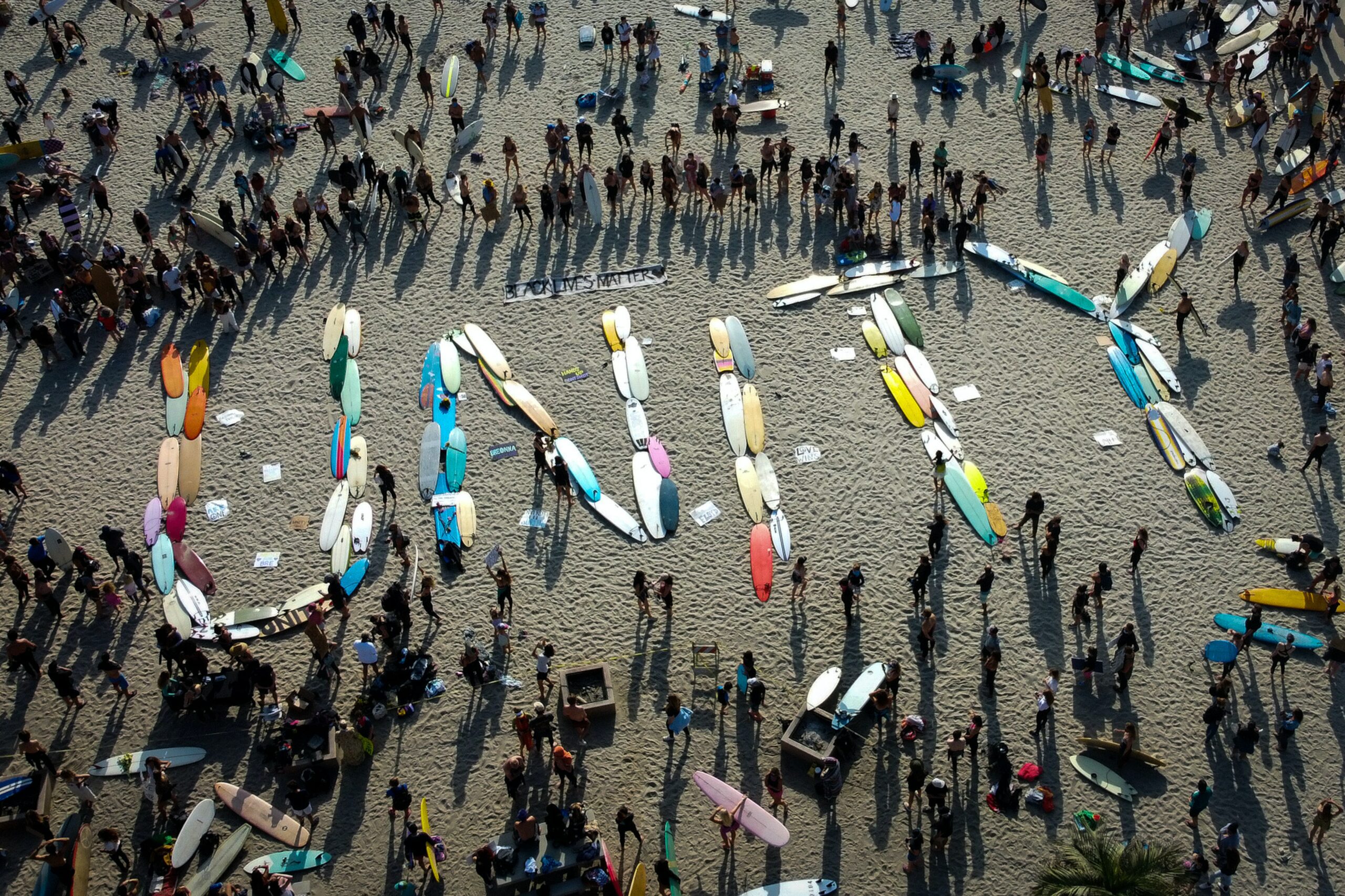Highlighting Australia
- As a proudly Australian initiative, we’re excited to showcase a collection of Australian stories, music, tributes and more.

Join activities, celebrations, study groups, spiritual empowerment and education programs for young people, and more.
Baha’i beliefs address essential spiritual themes for humanity’s collective and individual advancement. Learn more about these and more.

Featured in: Festival of Ridvan
Ridvan, also known as the Most Great Festival, celebrates Baha’u’llah’s time in the garden of Ridvan on the outskirts of Baghdad in 1863 when He publicly declared His station as a Manifestation of God. The Ridvan Festival is 12 days long and is also the time of year when Baha’is elect their governing bodies.

Today, Baha’is around the world commemorate the 12th and final day of Ridvan – a period to reflect on the day Baha’u’llah first proclaimed His message of unity to the world.
Ridvan is also the time when Baha’i elections are held. These elections are a time at which Baha’i communities all around the world prayerfully reflect on the spiritual wellbeing of their community. It is also a time to reflect on Baha’u’llah’s vision for unity and for communities to think about the path of service they will tread together over the coming year in their efforts to realise this vision.
What does unity mean, however, in a world in which prejudice and conflict are still widespread? And what role does the Baha’i community have in fostering global unity?
Unity – Not just the lack of disunity
As Baha’is, “unity” is a word we use often.
In a world struggling with the consequences of ethnocentricism and ultranationalism, many of us have friends from all over the world that we’ve formed deep spiritual bonds with and know what it’s like to feel like you have family in every part of the world you go to. My friends who have served at the Baha’i World Centre often tell me their stories of serving with Baha’is from literally every part of the world.
We’re fortunate to be protected by the Covenant from the sectarianism that has become synonymous with religion. We’re also fortunate to have access to verse after verse in the Writings which instruct us to eliminate every trace of prejudice from our hearts and show us what universal brotherhood and love look like in practice.
Baha’i elections which are premised on concepts of humility, detachment and purity of motive, stand in stark contrast to the adversarial nature of modern society’s political machinery.
These experiences are all a beautiful and refreshing change of scenery from the disunity and conflict that is rife in our world. But what does unity really mean, beyond being simply the absence of conflict, hatred, divisiveness and prejudice? What will unity really look like when it illuminates relationships between people everywhere and sits at the heart of our societal structures?
And what do we, as Baha’is, need to do to advance this vision of unity?
Unity and Social Transformation
In its 2012 Ridvan message, the Universal House of Justice refers to the transformation that will occur when a community achieves unity in vision and action:
The purpose of every Manifestation of God is to effect a transformation in both the inner life and external conditions of humanity. And this transformation naturally occurs as a growing body of people, united by the divine precepts, collectively seeks to develop spiritual capacities to contribute to a process of societal change.
Unity within the Baha’i community is at the very heart of the efforts being made to achieve social transformation around the world. This unity not only empowers a community of people to work together for social transformation, but is in itself, a model for the rest of the world as to what unity looks like and what it can achieve. The Universal House of Justice, in the Ridvan message, continues:
To observe the Baha’i world at work is to behold a vista bright indeed. In the life of the individual believer who desires, above all, to invite others into communion with the Creator and to render service to humanity can be found signs of the spiritual transformation intended for every soul by the Lord of the Age. In the spirit animating the activities of any Baha’i community dedicated to enhancing the capacity of its members young and old, as well as of its friends and collaborators, to serve the common weal can be perceived an indication of how a society founded upon divine teachings might develop. And in those advanced clusters where activity governed by the framework of the Plan is in abundance and the demands of ensuring coherence amongst lines of action are most pressing, the evolving administrative structures offer glimmerings, however faint, of how the institutions of the Faith will incrementally come to assume a fuller range of their responsibilities to promote human welfare and progress.
Clearly, then, the development of the individual, the community, and the institutions holds immense promise. But beyond this, we note with particular joy how the relationships binding these three are marked by such tender affection and mutual support.
By contrast, relations among the three corresponding actors in the world at large—the citizen, the body politic, and the institutions of society —reflect the discord that characterizes humanity’s turbulent stage of transition. Unwilling to act as interdependent parts of an organic whole, they are locked in a struggle for power which ultimately proves futile. How very different the society which Abdu’l-Baha, in unnumbered Tablets and talks, depicts — where everyday interactions, as much as the relations of states, are shaped by consciousness of the oneness of humankind. Relationships imbued with this consciousness are being cultivated by Baha’is and their friends in villages and neighbourhoods across the world; from them can be detected the pure fragrances of reciprocity and cooperation, of concord and love. Within such unassuming settings, a visible alternative to society’s familiar strife is emerging.
What then is the role that we, as Baha’is, play in achieving this vision of unity?
In the 2012 Ridvan message, the House talks about three things: first, the duty of the individual to engage in consultation with humility and detachment; second, the importance of nurturing and encouragement on the part of the Baha’is institutions; and third, the whole-hearted involvement of Baha’i communities within the plans drawn up by the institutions. The Universal House of Justice also says the following:
So it becomes apparent that the individual who wishes to exercise self-expression responsibly participates thoughtfully in consultation devoted to the common good and spurns the temptation to insist on personal opinion; a Baha’i institution, appreciating the need for coordinated action channelled toward fruitful ends, aims not to control but to nurture and encourage; the community that is to take charge of its own development recognizes an invaluable asset in the unity afforded through whole-hearted engagement in the plans devised by the institutions. Under the influence of Baha’u’llah’s Revelation, the relationships among these three are being endowed with new warmth, new life; in aggregate, they constitute a matrix within which a world spiritual civilization, bearing the imprint of divine inspiration, gradually matures.
It is in this manner, that the Baha’i world can act as a microcosm of the society we are working to achieve – a united humanity.
What are your thoughts on our roles – as individuals and communities – in achieving this vision of unity?
"*" indicates required fields

We recognise their continuing connection to land, waters and community. We pay our respects to Aboriginal and Torres Strait Islander people and their cultures; and to elders both past and present.
The views expressed in our content reflect individual perspectives and do not represent authoritative views of the Baha’i Faith.

Visit the site of the
Australian Baha’i Community
and the Baha’i Faith Worldwide
Notifications
Not only I LOVE this post Preethi but this whole week I have been reflecting on this – what is true Unity and most importantly how do we put it into practice in our day to day relations with individuals and the world…
This quote from Shoghi Effendi came to mind as I was reading your post, and I would like to share it:
“Let there be no mistake, the principle of the oneness of mankind is no mere outburst of ignorant emotionalism or an expression of vague and pious hope”
Many in society think that the idea of Unity is utopia and unreachable – in my opinion because they think that unity means holding hands and singing kumbaya together or mistake unity with uniformity – but as the Universal House of Justice mentioned – of course this is only my limited understanding of what it says in the Ridvan letter – the moment our relationships whether at an individual, ‘body of politics’ or ‘institutions of society’ level are transformed from a power based relationship to a service based one, this is when we will begin to see relationships “shaped by consciousness of the oneness of humankind” and detect “the pure fragrances of reciprocity and cooperation, of concord and love.”
What a vista it will be 🙂
Farida Ciotti (May 5, 2012 at 10:33 AM)
Thanks for sharing that quote from Shoghi Effendi and for sharing your wonderful insights, Farida!
I completely agree. I personally think that the vision of unity, in its fullest, is something none of us can really grasp at this point in history, jut because we are so mired in the patterns and norms of a world in which spiritual principles like unity are not emphasised.
Preethi (May 5, 2012 at 12:36 AM)
What better article than this to express, on this 12th Day of Ridván, Bahá’u’lláh’s message of unity to the world! It encapulates the pattern of life and activity Bahá’ís throughout the world are engaged in. Thank you, Preethi
James (Jim) Holmlund (May 5, 2012 at 1:22 PM)
Thanks James, glad you enjoyed it! The 2012 Ridvan message was really so incredibly powerful and it got me thinking about all the work we do together as Baha’is and what Baha’u’llah began when he proclaimed His message!
Preethi (May 5, 2012 at 12:40 AM)
Hi, I’m new here. I was first introduce to this religion one year ago. Now, I’m searching friends from the Baha’is community. I hope to learn more from the Baha’is friends. This is my email eliesanora@gmail.com
elie (May 5, 2012 at 4:21 AM)
I do not have a website but I am a baha’i and I really love this post. By the way how does on e get to be on the Baha’i blog
Shashimoore (May 5, 2013 at 8:19 PM)
Hi Shashi, glad you like the post! I’m sorry but what do you mean by “how does one get to be on the Baha’i Blog”? Do you mean write for the blog or sign up for the mailing list?
To write for Baha’i Blog, please read this post: http://bahaiblog.net/2013/01/20/writers-wanted/
You can sign up to the mailing list here: http://bahaiblog.us2.list-manage.com/subscribe?u=da0bd0c6c264771029e22293c&id=1ad8a6c17c
Thanks Shashi and I hope that helps!
Naysan (May 5, 2013 at 10:21 PM)
Thank you for restudying the 2012 Ridvan Message with us. I sort of understand better now what implications of the content for me after going through many years of doing the core activities, growing and learning to strive towards the unity of vision.
Happy Ridvan to you dear Baha’i sister.
Lee Ying Leong (April 4, 2021 at 10:06 PM)